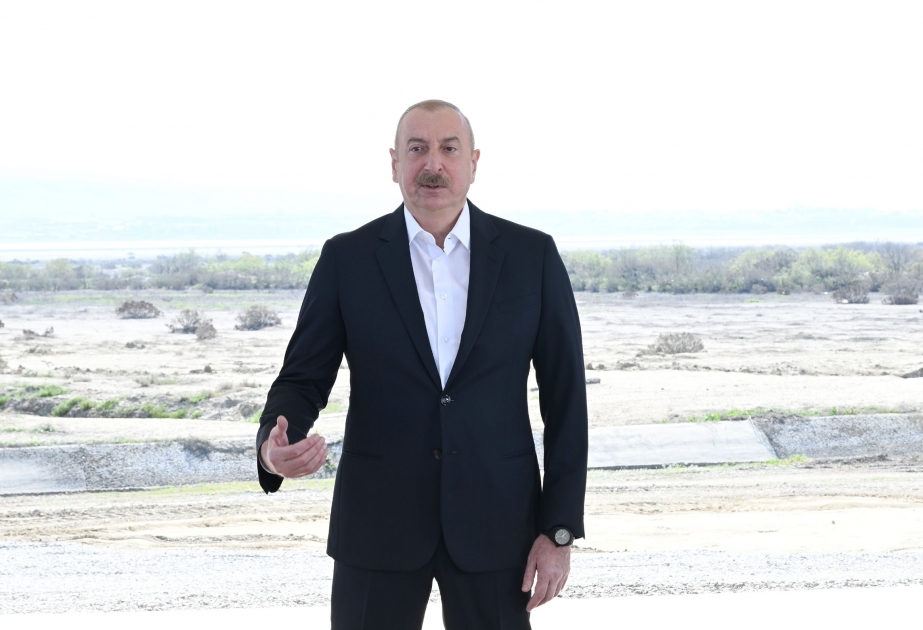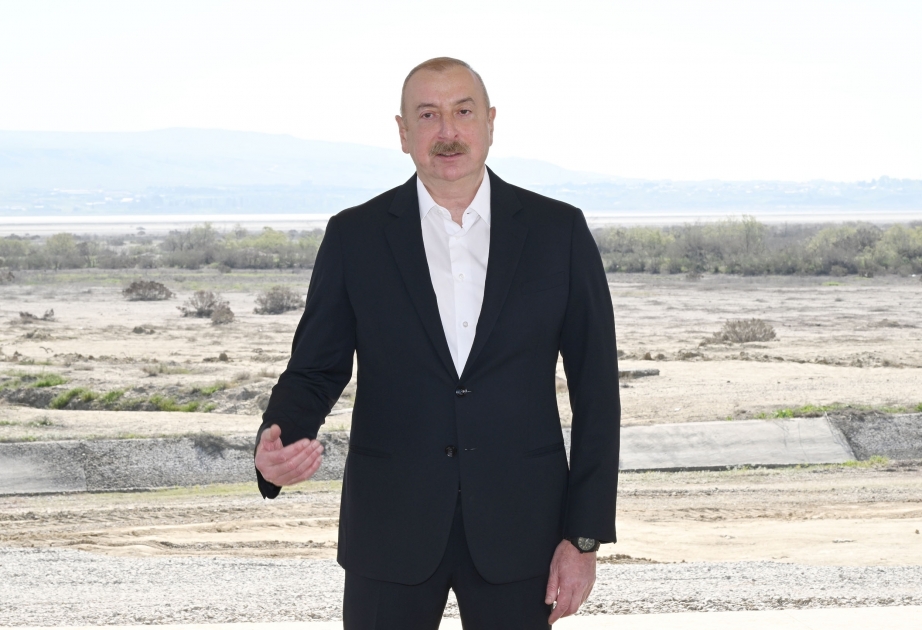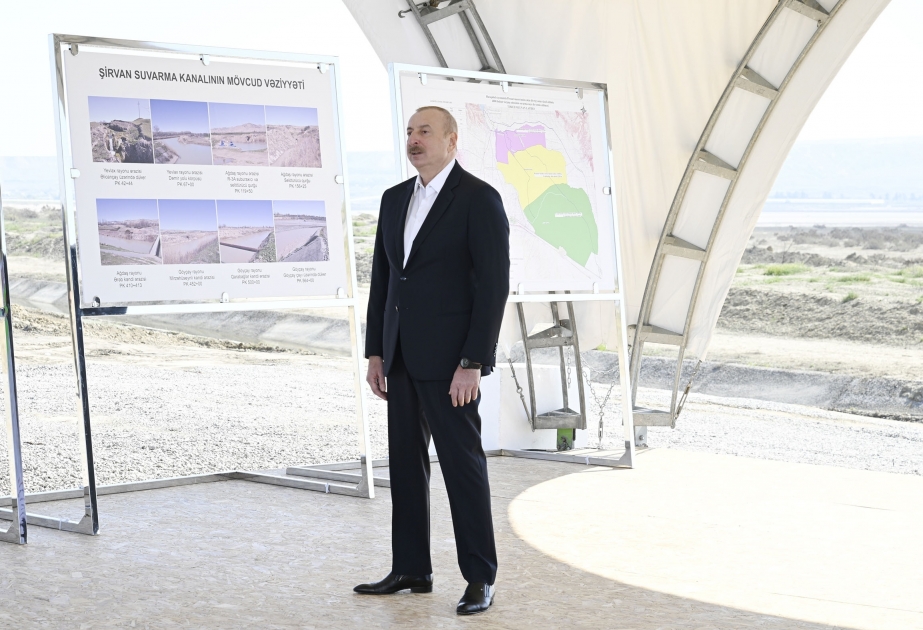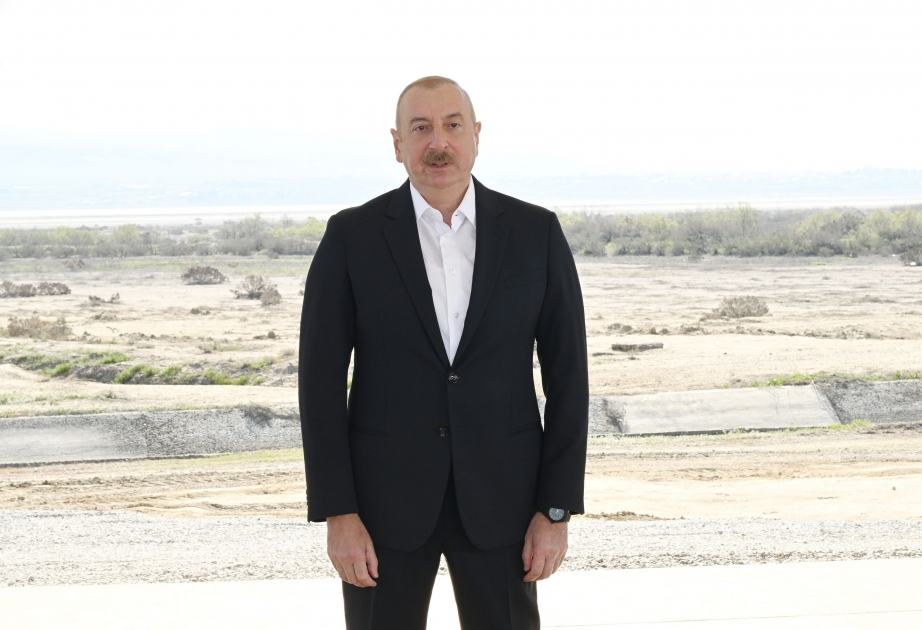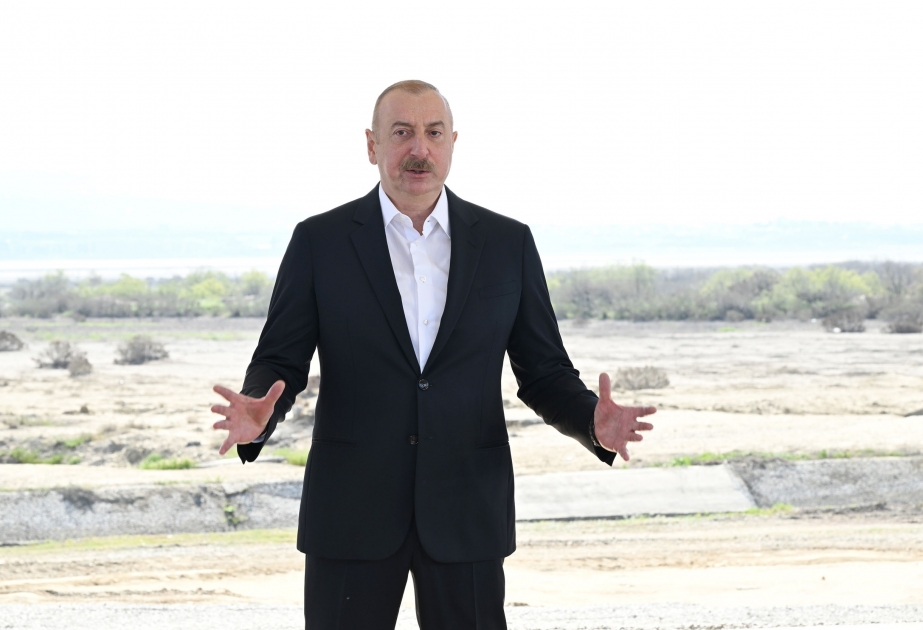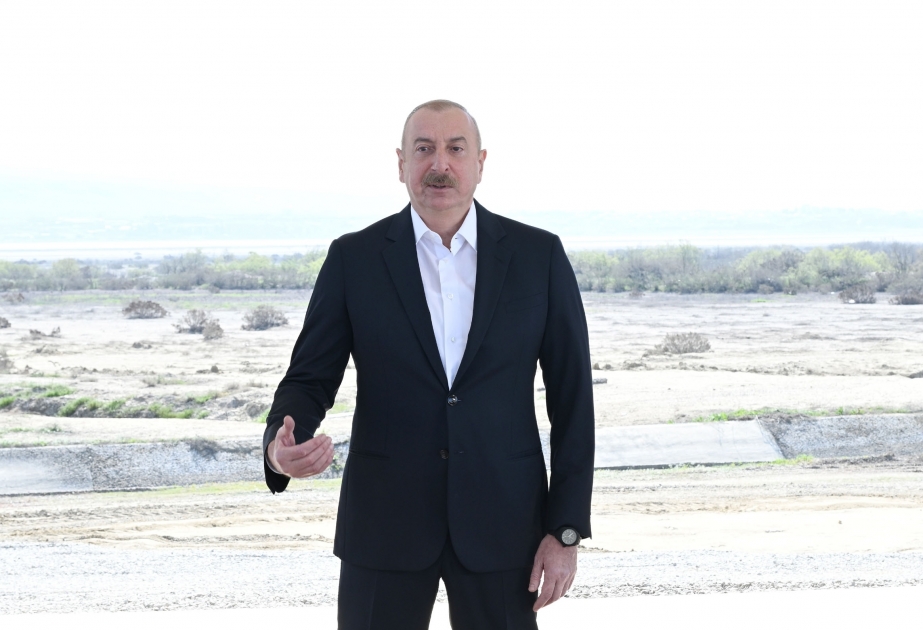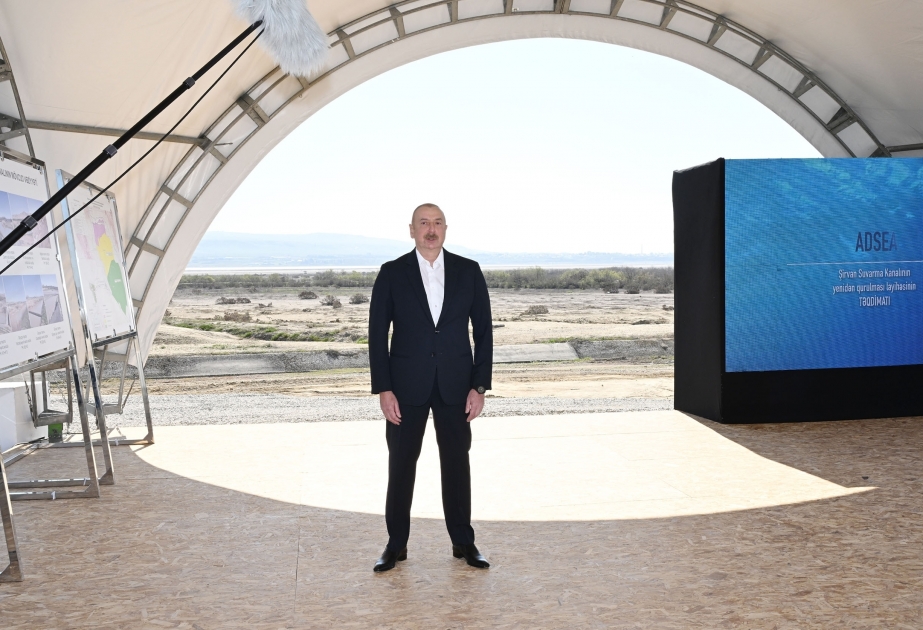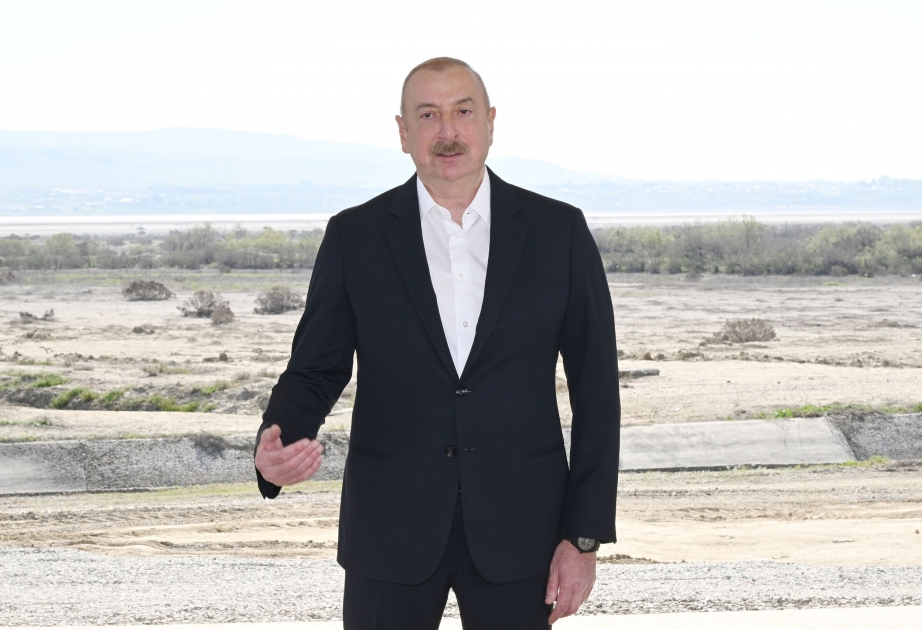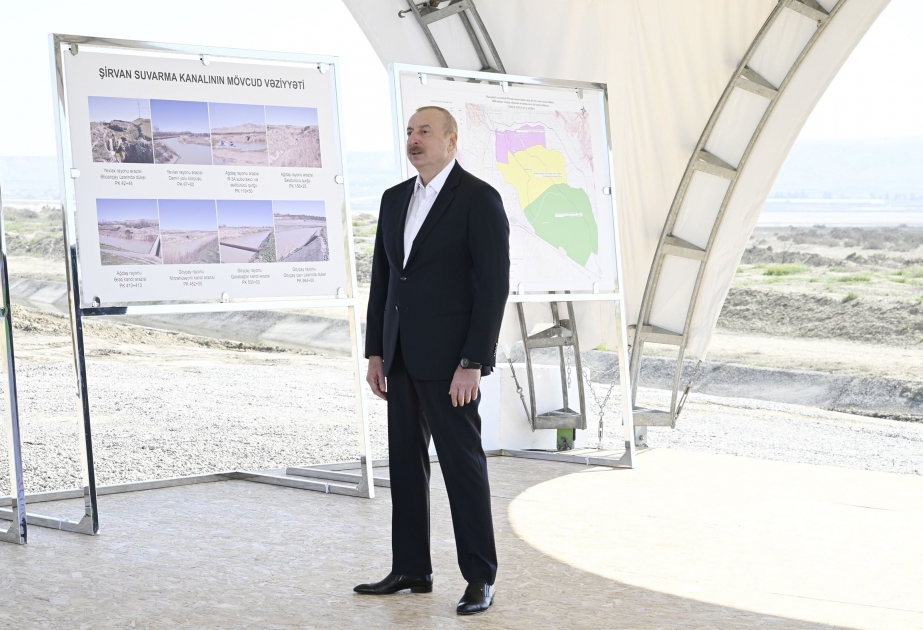POLITICS
The Hill posts article on Azerbaijan
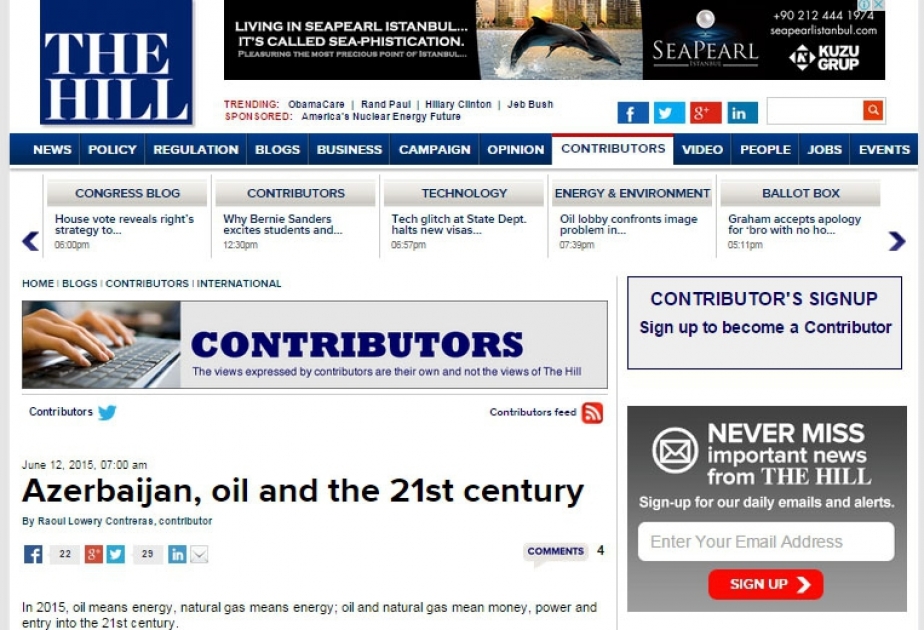
Baku, June 16, AZERTAC
The US-based Hill newspaper has published an article on economic development of Azerbaijan headlined “Azerbaijan, oil and the 21st century.”
Written by Raoul Lowery Contreras the article says:” In 2015, oil means energy, natural gas means energy; oil and natural gas mean money, power and entry into the 21st century.
We find that to be true in Azerbaijan in the South Caucasus Mountains, bordering Iran to the south, Turkey and Armenia to the west, with Georgia and Russia to the north. History has been made here since the days of the Silk Road.
I visited a Muslim mosque constructed 800 years ago and the touched walls of Baku's "Old City," a walled fortress from which Azerbaijanis battled Persians and Russians for hundreds of years. Baku, Azerbaijan's capital city, surrounds the historical fortress with hotels, office buildings and a totally modern city.
Baku had been a world leader in oil production since the 1880s; without that oil, in World War II the Soviets could not have resisted the Germans in for months, maybe even weeks. In fact, Azerbaijan produced 80 percent of all the oil and gas used by the Soviet army throughout the entire war.
Azerbaijan stumbled as an independent country to begin with; it only had two years (1918-1920) of democratic experience in its entire history.
Armenian invaders attacked Azerbaijan, claiming thousands of square miles of its territory, focusing on Armenian-populated Nagorno-Karabakh (Karabakh means "black garden"). Armenians still occupy almost one-fifth of Azerbaijan in 2015. The U.N. Security Council has issued several resolutions condemning Armenia for its invasion of Azerbaijan, which Armenia ignores.
Nonetheless, the 80 percent of Azerbaijan that Armenia doesn't occupy has become a modern country bursting with vision, construction and energy unrivaled in the part of the world so few know about.
Outside the walled 13th-century Old City, the eyes are exhausted from seeing the new construction occurring in all parts of the city.
Gleaming high-rise buildings are everywhere.
More important than buildings are the people. Azerbaijan is a 90-percent Muslim country. Yet it is the most diverse country this writer has ever experienced outside the U.S.
In a single day, I visited two mosques; a Roman Catholic Church with a Czech-born priest who answers directly to the Pope; a Russian Orthodox Church and a working and thriving Jewish synagogue in downtown Baku.
Besides the ubiquitous new construction, the most instant example of an energetic country is in being the site of the first-ever European Games — starting today, June 12 — in which 6,000 athletes will compete in new facilities, including a stadium holding 68,000. The European Games' paid-staff numbers 2,000, of which 25 percent are Azeris. Three-thousand officials will man the Games, as will 10,000 volunteers.
Even Armenia will participate in the Games, despite a state of war existing between both countries interrupted by a 20-year-long cease-fire.
Azerbaijan is a vital energetic, proudly multicultural country built on ancient history, religious tolerance and secularism, hydrocarbons and an educated people bursting with energy, vision and optimism. They deeply desire to be part of a modern secular Western world; they very work hard at it.
